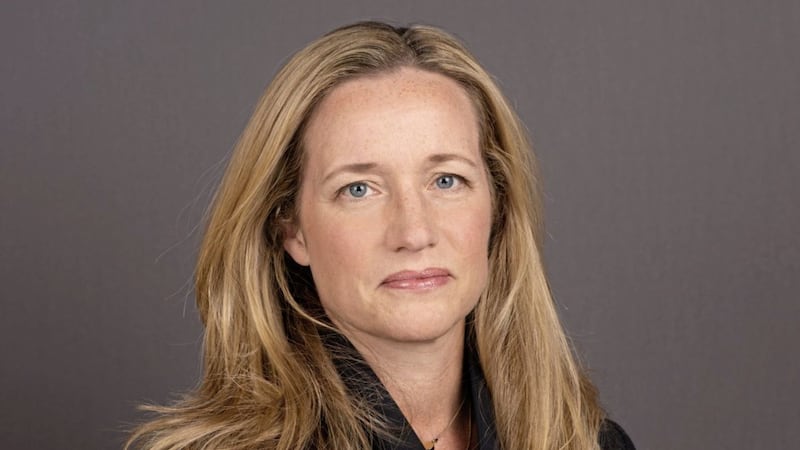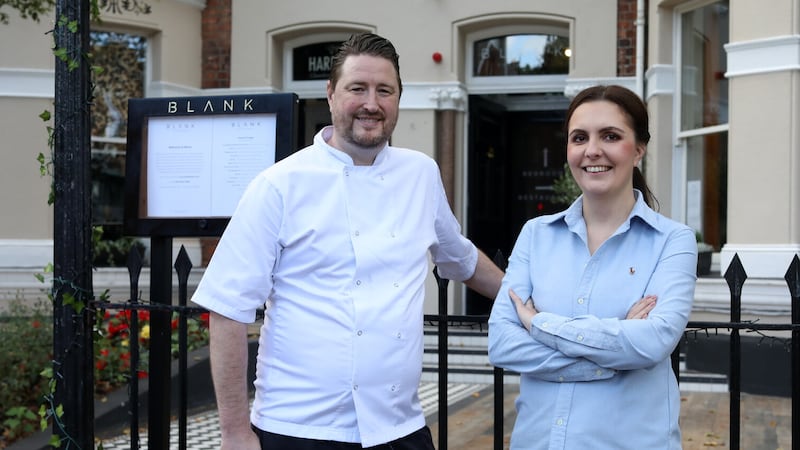AT RBS, we saw first-hand the dangers of ignoring sustainability, and it is now significantly changed from its former self - altogether a smaller, safer, sounder bank.
The lessons of the financial crisis still loom large inside the bank, influencing strategy and decision-making at every level.
As a result, we've seen that you can’t box ‘sustainability’ into a department - it is a central approach to how you do business. Because sustainability means paying attention to the long-term outlook, the social viability, the future sustainability of the business and the markets you find yourselves in. All things that were not evident 10 years ago.
And as we now find ourselves entering uncharted waters of new and changing customer expectations, and the explosion of new technologies that will service them, sustainability must be planted firmly front and centre of the approach to how business is done.
The business of banking is systemically important. How, where and to whom we lend, has a material impact on the ability of communities to flourish or to wane. We are financial oxygen, if you like. Simply recognising this – is the first step to sustainability.
We may have gone some way to avoiding the traps that we fell into ten years ago. But there are new and different risks that we do have to face up to. We have new technology and new entrants, who bring brilliant innovation to bear but are subject to fewer controls. And regulation simply hasn’t caught up in some of the new and emerging areas we might need it the most, the ethics of AI for example.
The banking sector faces questions that don’t have clear-cut answers – such as managing customer demand for new digital services, while ensuring access for those in vulnerable situations.
But, what we have learned is that we must keep listening to and understanding the views of our communities so that we can understand lots of different perspectives – and then use what we find to keep informing and adapting our approach.
That’s why Ulster Bank continues to play a leading role in strengthening the Northern Ireland economy through support for enterprise and in local communities. Our Entrepreneur Accelerator has worked with over 400 businesses and, the 264 firms mentored created 650 jobs and raised £15m investment.
Ten years ago, we along with many other banks and businesses, were shown to be unsustainable. The benefit of failure is that we have the chance to work on building ourselves back up in a way that is more sustainable, more useful, and more deserving of customers trust yet again. We have learnt a thing or two, but there is still plenty of room for improvement and I look forward to the conversation continuing.
:: Kirsty Britz, director of sustainable banking at RBS, is one of the keynote speakers at today's Responsible Business Summit.



